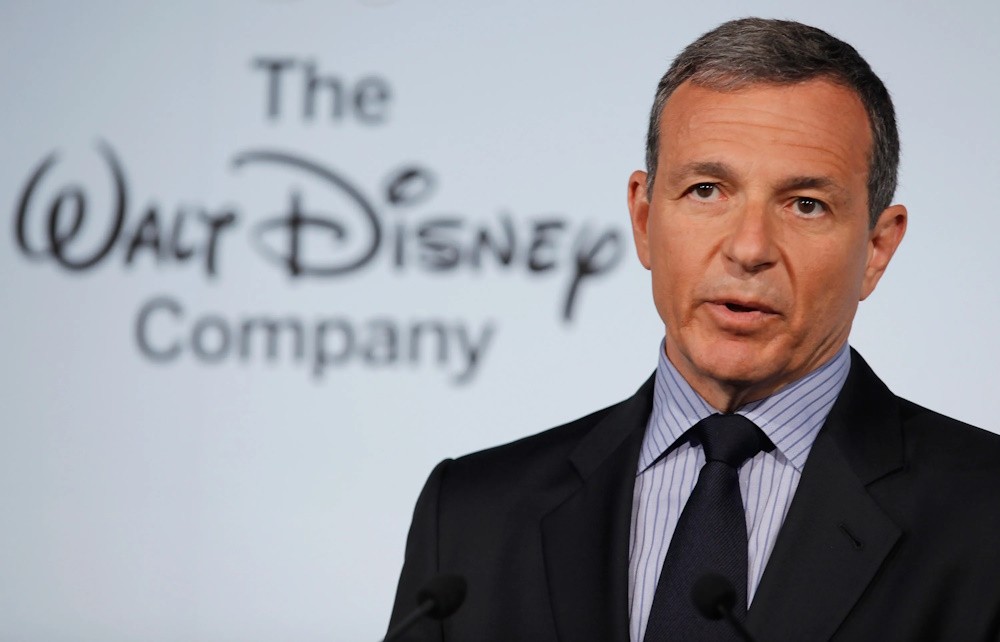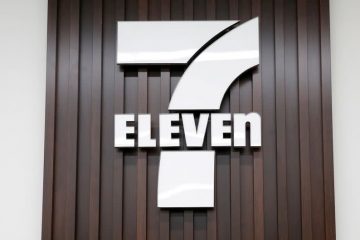The priciest shareholder fight ever is headed to Disney’s boardroom

A boardroom brawl at Walt Disney is expected to be the most expensive shareholder fight ever, and a chance for everyday investors to have a big impact.
Two activist hedge funds—Nelson Peltz’s Trian Fund Management and the smaller Blackwells Capital—are separately going toe-to-toe with Disney to gain spots on its board and challenge the strategy of Chief Executive Bob Iger.
All in, the three parties could spend north of $70 million ahead of an April 3 shareholder vote. They are already shelling out for slick marketing materials, social-media blitzes and the services of proxy solicitors—akin to campaign strategists—who wrangle shareholder support for their clients’ board candidates.
One reason for the high price: the millions of individual investors who own an outsize portion of Disney’s roughly 1.8 billion shares. They control over a third of Disney’s stock—more than is typical for a public company. Institutional investors such as BlackRock and Vanguard hold the rest, and their votes carry heft, too. Getting the word out to such a widespread shareholder base is costly.
The costs could be much lower if the activists don’t take their fights to a vote, either by settling with Disney or backing away. Trian called off its first proxy attempt at Disney last year.
Competing visions
At the crux of the proxy fight is a disagreement over Disney’s strategy and how to best nudge the company’s stock price, which has been almost cut in half from its 2021 high. The company now has a market value of around $200 billion.
Trian and a former Marvel executive it is working with have a combined stake valued at around $3.5 billion. The hedge fund has been urging shareholders to “restore the magic” at Disney, with a matching internet domain name making its case. It says the company needs to find a clear successor to Iger, make its streaming margins “Netflix-like” and pull its studios out of a rut. It is running two candidates, including the 81-year-old Peltz, who holds board seats at other companies, including Unilever.
Blackwells, which has a tiny stake valued at around $15 million, has suggested its three nominees could help explore a breakup of the company.
Disney has sought to appease shareholders with a series of announcements including an investment in “Fortnite” maker Epic Games; plans to stream Taylor Swift’s Eras Tour concert movie on Disney+, and a partnership with Fox and Warner Bros. Discovery to launch a sports-focused streaming service.
Disney enlisted the help of cartoon character Professor Ludwig Von Drake, Donald Duck’s paternal uncle, in an animated video with a step-by-step voting guide.
Peltz could top his own record
All in, the cost is expected to top that of Trian’s 2017 clash with Procter & Gamble, currently the priciest proxy fight on record, with a price tag of $60 million.
(Peltz was ultimately given a seat on the board of the Crest toothpaste owner after the vote ended in a near-tie.)
Disney expects its total expenses to be about $40 million, while Trian estimated it could spend at least $25 million, regulatory filings this month show. Blackwells expects to spend around $6 million.
Trian appears determined to press ahead with its current quest. After Disney’s shares surged more than 12% Thursday following a better-than-expected earnings report and the unveiling of new initiatives, Trian doubled down. “It’s déjà vu all over again,” it said. “We saw this movie last year and we didn’t like the ending.”
Another twist
In addition to being one of the highest-profile proxy fights in years, the fight is captivating Wall Street advisers because it will be one of the first votes to put the newly implemented universal proxy card to the test.
Shareholders historically either had to vote for a company’s entire slate of directors or an activist’s. Universal cards list both sets of candidates in the same place, allowing shareholders to mix and match.
They make it more likely an activist could claim a partial victory by winning at least one board seat. Working in Disney’s favor is the fact that the small number of individual investors who bother to vote in proxy fights tend to support companies.
Most individual investors just aren’t paying attention, according to John Ferguson, a senior partner at Saratoga Proxy Consulting, which isn’t involved in the Disney fight. “To do it right,” Ferguson said, “this will definitely be the most expensive fight we’ve seen.”










